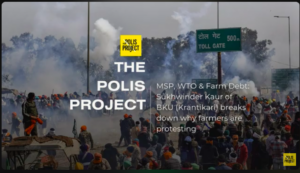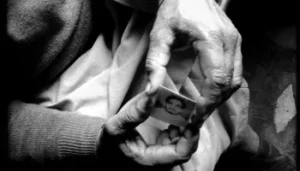
- Interview
Terror Suspects and the Experience of Violence – A conversation with Jinee Lokaneeta

In the book, The Truth Machines, Prof Jinee Lokaneeta examines the emergence and use of three scientific techniques — lie detectors, brain scans, and narcoanalysis (the use of “truth serum,” Sodium Pentothal) to analyze two primary themes. First, the book questions whether existing theoretical frameworks for understanding state power and legal violence are adequate to explain the constant innovations of the state. Second, it explores the workings of the law, science, and policing in the everyday context to generate a theory of state power and legal violence, challenging the monolithic frameworks about this relationship, based on a study of both state and non-state actors. Her work also provides insights into a police institution that is founded and re-founded in its everyday interactions between state and non-state actors. Theorizing the concept of Contingent State, this book demonstrates the disaggregated, and de-centered nature of state power and legal violence, creating possible sites of critique and intervention.
In this conversation, Suchitra Vijayan and Jinnee Lokaneeta discuss the attempt to replace physical torture with truth machines in India fails because it relies on a confessional paradigm that is contiguous with torture.




